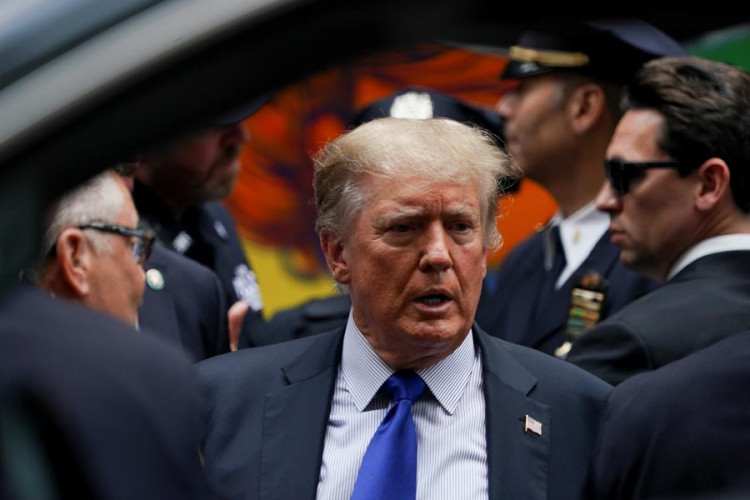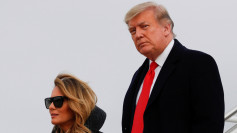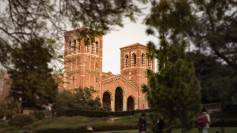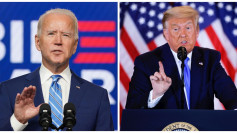Monday marked an unprecedented chapter in American legal history as former President Donald Trump's criminal trial began in Manhattan, making him the first former president to face a criminal court as a defendant. With a heavy atmosphere and intense scrutiny, the day was largely consumed by the challenging process of jury selection.
The trial, officially titled "The People of the State of New York vs Donald Trump," began with the task of selecting a jury from a pool of 96 potential jurors. The court swiftly dismissed more than half of these candidates when they expressed doubts about their ability to remain impartial. This underscores the unique challenge of this case, given Trump's polarizing effect on public opinion.
U.S. District Judge Juan Merchan, presiding over the trial, had potential jurors answer 40 questions designed to gauge their potential biases and media exposure related to Trump. One juror was dismissed after expressing strong preconceived opinions about Trump, illustrating the complexities of assembling an unbiased jury.
As the courtroom proceedings unfolded, Trump's legal team, led by attorney Todd Blanche, pushed for a slower pace, emphasizing the need to thoroughly vet jurors-a strategy seen as part of a broader approach to prolong the trial and preserve issues for appeal. Blanche requested extended times for questioning potential jurors, which was granted by Judge Merchan, who is also managing a flurry of pre-trial motions.
Amid these legal maneuvers, the Manhattan District Attorney's Office raised concerns about Trump's compliance with a gag order imposed by Judge Merchan. Prosecutor Chris Conroy requested a $3,000 fine for Trump over social media posts that potentially violated this order, aiming to remind Trump of his obligations under court supervision.
Trump's presence at the trial was marked by his usual defiance. Despite being mostly silent in court, his influence was felt through his online activities, which included disparaging remarks about Michael Cohen, a key witness against him. Cohen, Trump's former attorney, is central to the allegations that Trump orchestrated a hush-money scheme to influence the 2016 election outcome.
On the evidentiary front, Judge Merchan made crucial rulings that shaped the scope of the trial. He allowed the testimony of Karen McDougal, another figure linked to Trump's alleged hush-money scandals, but denied the prosecution's request to play the infamous "Access Hollywood" tape in court, citing its potential prejudice.
The day concluded without a full jury in place, reflecting the slow and meticulous process that lies ahead. The trial is set against the backdrop of Trump's continued political activities and his recent candidacy announcement for the 2024 presidential election, adding layers of complexity and public interest to the proceedings.
As Trump's trial progresses, it continues to test the boundaries of legal and political norms in the U.S., with every development closely watched by a divided nation. The outcome of this trial could have profound implications not only for Trump personally but also for the broader landscape of American politics and law.






